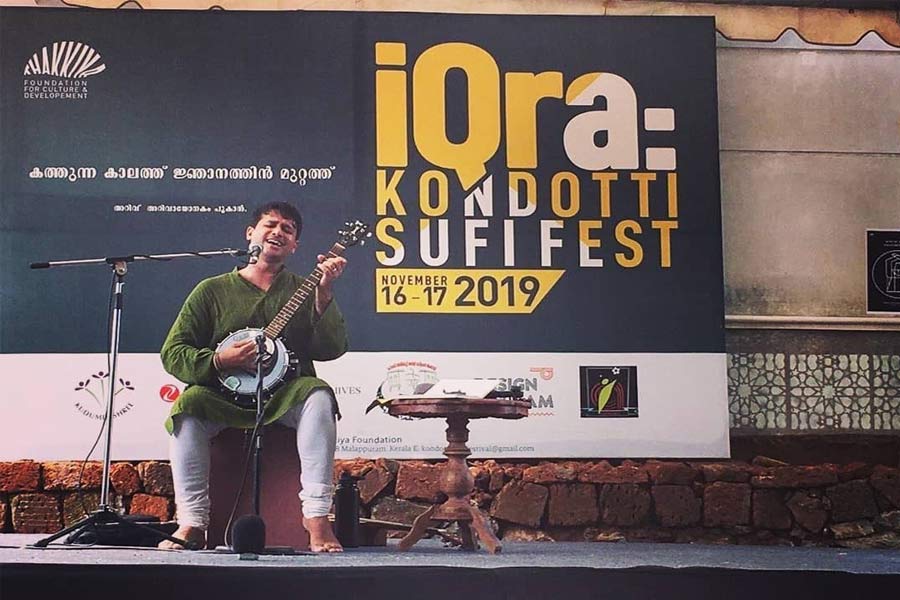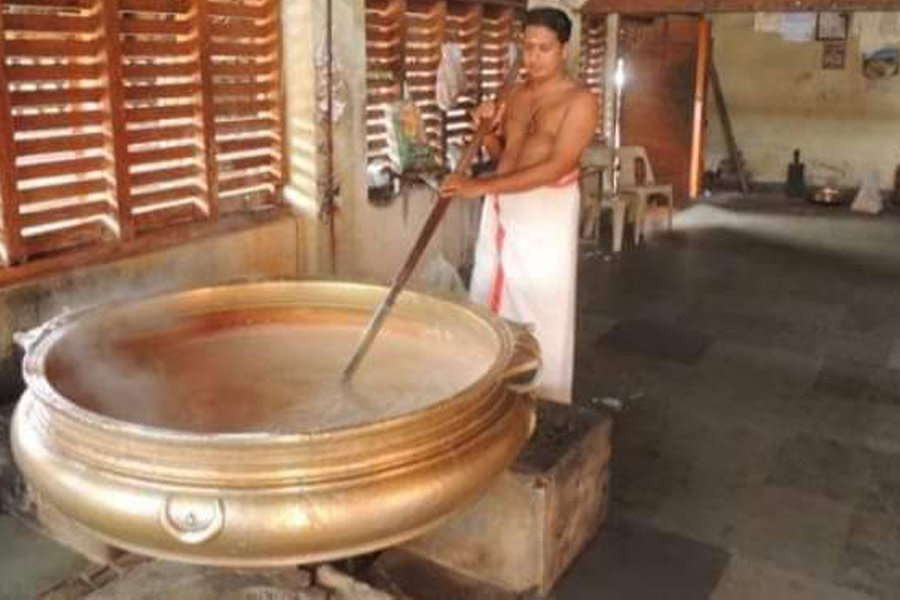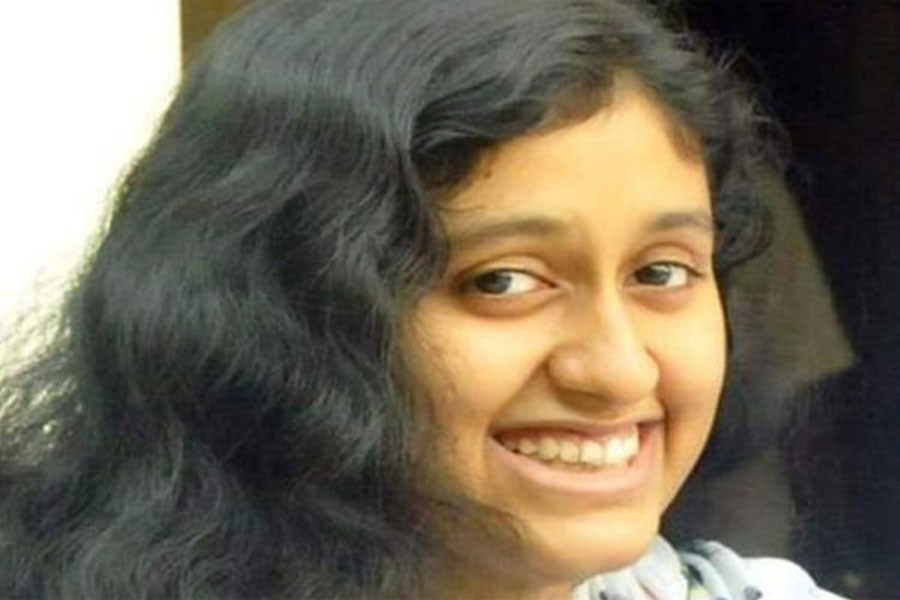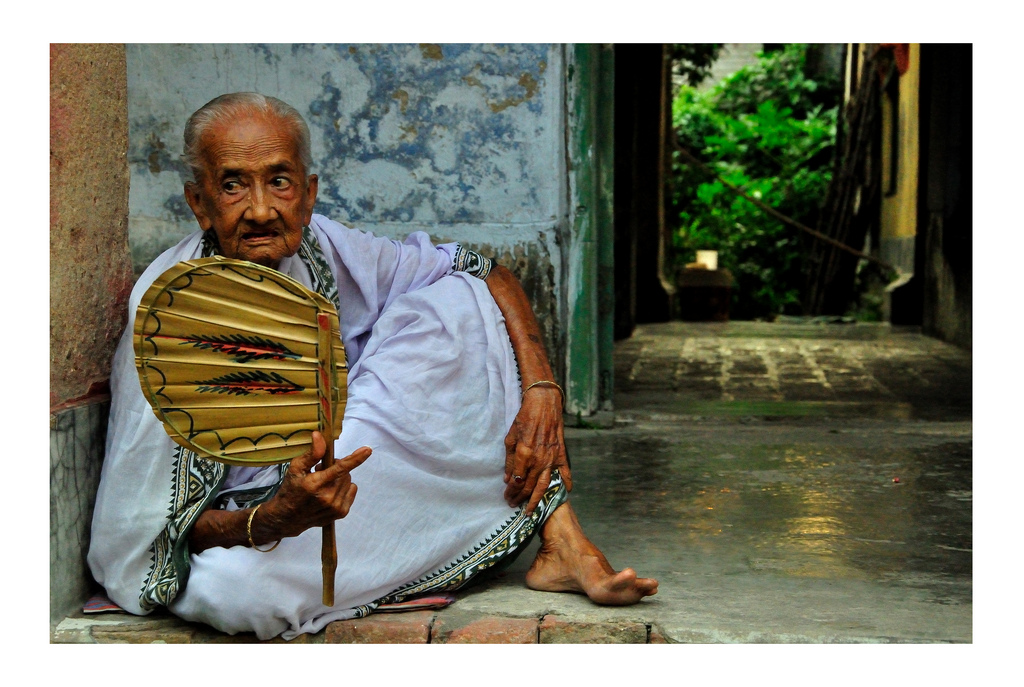Kerala is popularly known as God’s Own Country for its breathtaking beauty, which makes it a favourite destination among tourists. Lush green landscapes, beautiful backwaters, coconut trees, rubber and tea plantations, beautiful beaches and mouth-watering cuisine are the unique features of the State.
Of late, the situation has changed. Increasing pollution of the water bodies, decreasing greenery and other serious issues like water scarcity, the stray dog menace and political complications etc., have made God’s Own Country a less preferable place to live in. However, it would come as a surprise to many that Kerala has been ranked the best place to die in India.
According to a report – ‘Quality of Death – Ranking end-of-life Care Across the World’ – from the Economist Intelligence Unit, commissioned by Lien Foundation (a philanthropic organisation in Singapore), though other States in India have bagged a poor position in the overall ranking, Kerala has set a contradictory example. All thanks to the palliative care units in the State. The report considered 80 countries across the world.
The World Health Organisation (WHO) has defined palliative care as “an approach that improves the quality of life of patients and their families facing the problems associated with life-threatening illness, through the prevention and relief of suffering by means of early identification and impeccable assessment and treatment of pain and other problems, physical, psycho-social, and spiritual.”
The report states, “Amid the lamentably poor access to palliative care across India, the southern State of Kerala stands out as a beacon of hope. While India ranks at the bottom of the index in overall score, and performs badly on many indicators, Kerala, if measured on the same points, would buck the trend. With only 3% of India’s population, the tiny State provides two-thirds of India’s palliative care services. Kerala has also extended the definition of palliative care to include the long-term chronically ill and even the mentally incapacitated.”
Quality of life is what people always aim at. However, what is being forgotten is that this quality does not come to an end as soon as a person becomes ill. The quality of life during the term of illness is perhaps very important as every person has the right to lead a comfortable life till his/her death. Keeping these concepts in mind many developed countries that have also added palliative care in the policies.
“However, in our country where there are many policies and facilities for the citizens, healthcare is an area where development is rather slow and even if there are any policies, the government funding for the same is very low,” says Dr. Punalur Somarajan, founder, secretary and managing trustee of Gandhibhavan, an international trust for charitable, medical and educational purposes.
When asked about whether the reason for the increasing number of palliative care units in Kerala is the result of well–structured palliative care policy in the State, Dr. Somarajan replied that government has come up with such a policy because the number of patients who are affected by terminal illness and require care until their death has marginally increased in the State. Also, as there are many palliative care units coming up, the tendency of more and more people admitting their parents or loved ones to these units have also increased.
“Both the situations are interconnected,” he added. He said that Gandhibhavan has a dedicated palliative care unit with about 200 inmates who are either terminally ill or mentally incapacitated and require proper care and medication round the clock. But relying on government funding alone does not fulfill the requirements of these people and they have to find other sources of income as well.
In April, 2008, Kerala became the first State in India to announce a palliative care policy that also included care for those who are long-term chronically ill and even the mentally incapacitated. The government is responsible to provide funding for community-based care programmes. It was also one of the first States in India to relax narcotics regulations to permit the use of morphine by palliative care providers.
The ‘Calicut model’ has also become a WHO demonstration project as an example of high quality, flexible, and low-cost palliative care delivery in the developing world and illustrating sound principles of cooperation between government and NGOs. Consequently, palliative care advocates, not only in developing countries but also across the world, are studying Kerala’s potent combination of government support and civic involvement in end-of-life care.
Evaluating the real reason behind setting up such policies is very important. The number of persons who are being isolated from the family and society are increasing in Kerala. This situation transcends socio-economic classes as well.
Joseph Alex is the managing trustee of Signature Foundation that also runs a hospice for people from well-to-do families.
“Despite having a high literacy rate, humanitarian concern has gone down among the people of our State. All the inmates in our organisation are from well-to-do families, but are forced to live a secluded life as their children or loved ones are not with them,” he says.
Mr. Joseph added that he only accommodates the parents of children who really love them but are forced to leave them here because of various circumstances. The Signature Foundation has trained staff and nurses who take complete care of the inmates at all times.
He recalls that one of the inmates was suffering from extreme distress when he was admitted there.
“It was because the home nurse was not well-trained and did not provide proper care to the patient. There are many people who bring their loved ones here because they want them to receive proper attention and medication,” he says.
The palliative care policy of Kerala has helped many who are in need of proper care. There are even units that send their nurses to take care of patients with prolonged illness at their homes on a daily basis. Apart from NGOs, different types of care units that can accommodate people from various sections of society are also slowly increasing in the State. It is then no wonder that Kerala is the best place to die in India.
Main photograph by ChitaliCCU via Flickr.







